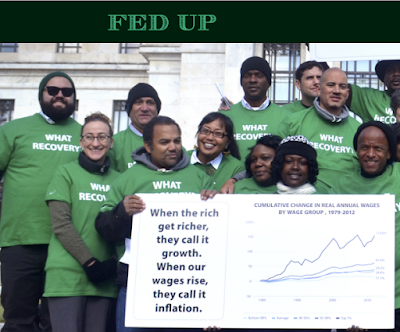Growing up, we ate pasta frequently in the Maddente home. I still enjoy it; but all I'd ever learned about this staple is that it's a mortal sin to over cook it. I never could discern any significant taste difference among the many different dried pastas on the market.
Recently; I've learned something new. Extrusion methods matter.
 |
| Food photo created by timolina - www.freepik.com |
I'm going to rethink that assumption and try steel cut oats. That's because I've stumbled upon a dried pasta called "Bronze Cut" which is a reference to the metallurgy involved with the device that extrudes and cuts the pasta.
For those interested in the science and engineering behind this alloy for pasta making purposes; here's an article. For the rest of us, suffice it to say that the bronze cut process produces a noodle that's less dense and more porous. It simply tastes better and it adheres to sauce (or sauce adheres to the pasta) ….better. That's all I know.
It costs a little bit more; but worth it. Bon Appetit!
-p-500.jpg)























